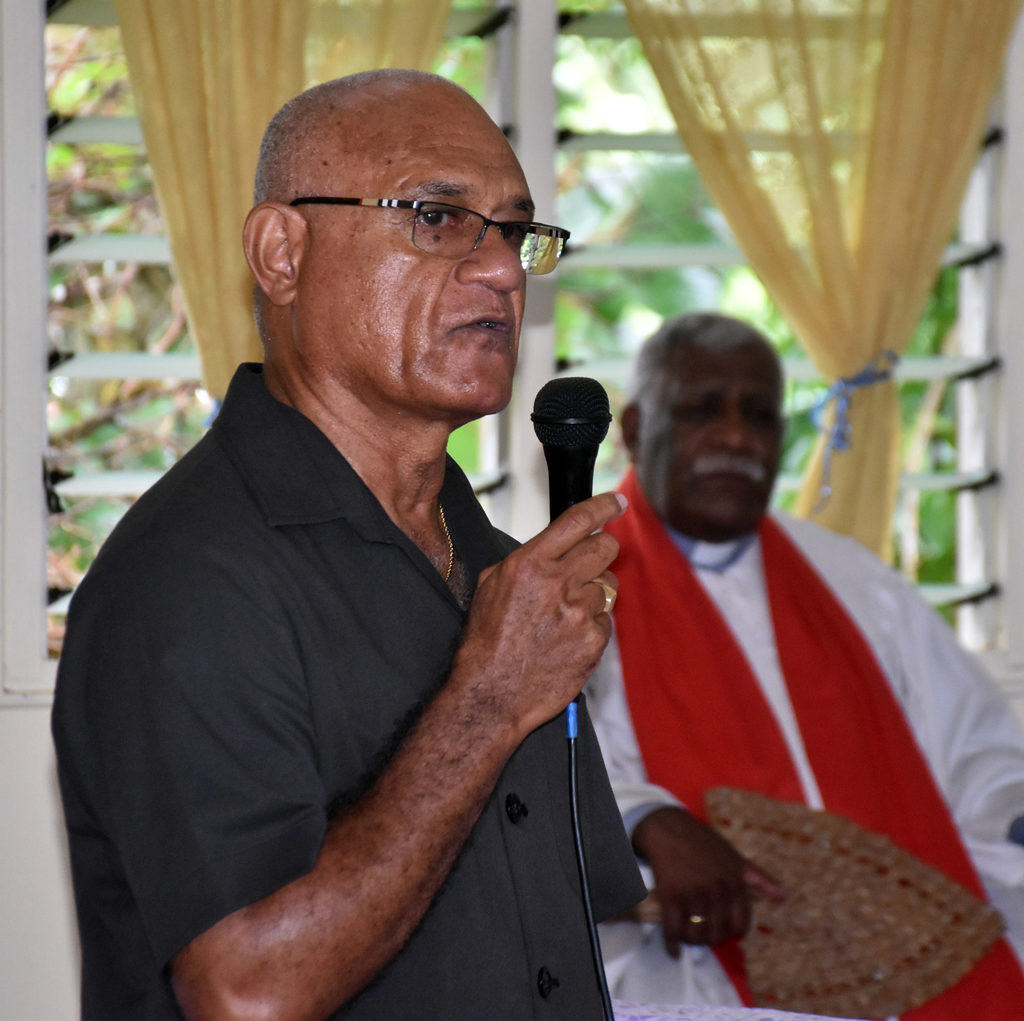A former People’s Alliance Party vice president has urged Prime Minister Sitiveni Rabuka to step aside before 2026 and allow new leadership to emerge.
Ratu Naulu Mataitini called for a “structured transition,” warning that Fiji’s future requires bold, forward-looking leadership “unburdened by past military interventions” to address the country’s mounting challenges.
His statement, which has sparked fresh public debate, argues Rabuka’s legacy will be defined not by holding power, but by preparing successors to lead.
“Indeed, Prime Minister Rabuka should initiate a leadership transition prior to 2026. His legacy will be defined not by retention of power but by cultivating successors capable of reconciling Fiji’s divided history with its aspirational future,” Ratu Naulu said.
He described true statesmanship as not clinging to office but paving the way for new leadership, warning that the country’s complex challenges required “leadership unburdened by past military interventions”.
“A structured transition would provide party stability, demonstrate PAP’s commitment to renewal, and reflect the democratic principles many of us strove to restore following 2022.”
Ratu Naulu’s remarks come amid quiet rumblings within PAP ranks, with several insiders acknowledging a growing sentiment that a carefully managed leadership handover would strengthen the party ahead of the next election.
“My statement reflects an increasingly prevalent, albeit often tacit, recognition among PAP supporters that Fiji’s challenges, including unresolved constitutional tensions, iTaukei disillusionment, climate change, youth disengagement, and economic disparity require leadership unburdened by past military interventions.
“Many joined PAP to rebuild democratic trust and support the transitional leadership Fiji required in late 2022.
“The party’s vitality depends on creating space for emerging voices while maintaining its foundational principles.”
He stressed that any successor must come from within the PAP ranks to preserve the party’s mission, outlining three key qualities that the next leader must possess: moral fortitude, visionary pragmatism, and cultural adeptness.
“The ideal successor should possess three fundamental attributes: moral fortitude to address Fiji’s historical context while fostering unity; visionary pragmatism to address iTaukei concerns, climate resilience, technological economies, and regional inequalities expeditiously; and cultural adeptness to respect tradition without being constrained by it.”



